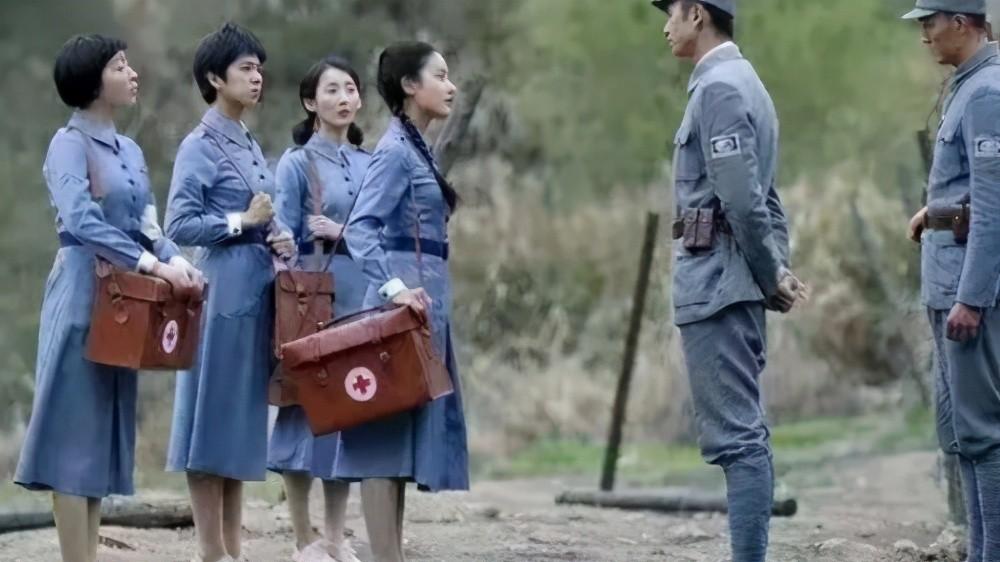The anti-Japanese drama "Thunder Warrior" was condemned and forcibly removed from the shelves "living up to expectations" in a round of scolding and spit from netizens. There is only one reason why people do not like to watch anti-Japanese dramas, that is, they do not respect history, and the plot is exaggerated. The tragic war that has been killed and injured countless times was filmed so easily that the audience could not sit still after watching it. Think of those heroic martyrs in the martyrs' cemetery, are these anti-Japanese dramas worthy of their sacrifices?

Most of the netizens' complaints about "Thunder Warrior" are related to the actor's excessively bright clothing. You know, in that era of material shortage, the villa where the characters lived, smoked cigars, and smeared hairspray could not appear in the War of Resistance. At that time, the soldiers could not be rescued in time from the Japanese artillery fire, and had to bite the turf and bite the shoelaces in order to alleviate hunger. Such a scene that does not respect history, if we accidentally mislead young people, thinking that our war of resistance against Japan is easy to win, it will not be good. Therefore, we must learn to distinguish between anti-Japanese dramas.
In fact, from the plot, we can distinguish whether it is an anti-Japanese drama or not. Seeing what hand tears the devil, a person kills a plot, basically can change the stage. No matter how brave the Eighth Route Army is, its combat effectiveness is also in line with human science. Instead of embodying the heroism of our army from this outrageous angle, it is better to portray more details of the war, the mutual help between comrades-in-arms, the stubborn resistance in the face of the enemy's attack, and the sleepless struggle for victory... These ordinary and real scenes are what the audience wants to see.
In fact, you can also distinguish the anti-Japanese drama from another angle, that is, the camp of the Japanese army. In some dramas, the Japanese camp always has a few fierce and vicious female officers. But in fact, this is also very disrespectful to historical facts. During World War II, the status of Japanese women has always been very low, they were required to marry early before marriage, and after marriage, they basically had no career of their own, and they had to run the family as a full-time housewife. To be able to go to the battlefield and become a "big zo" is simply ridiculous.
If you find that the so-called "female Daisa" appears in a certain anti-war drama, then you can pick up the remote control and change the station immediately, because most of the plots behind it are also disrespectful to historical facts.
Although such an arrangement in the play may be set up by the director for visual effects, some female daizos not only have marksmanship but also lead the team to the battlefield, then this visual effect is only frightening and not wonderful. Because historically, these are all things that can't happen.
Nowadays, there are relatively few anti-Japanese dramas, but the audience still needs to polish their eyes and learn to distinguish. Only when the market can completely reject the existence of the anti-Japanese drama can it truly disappear from the audience's vision. Only those good dramas with good conscience that conform to historical facts can have more attention.